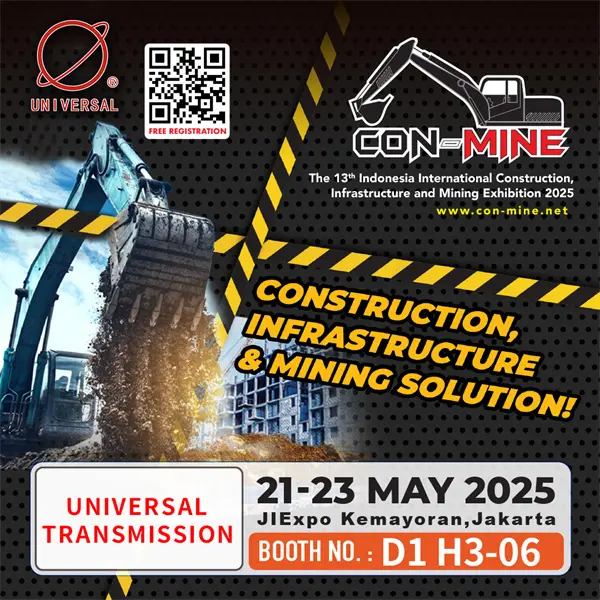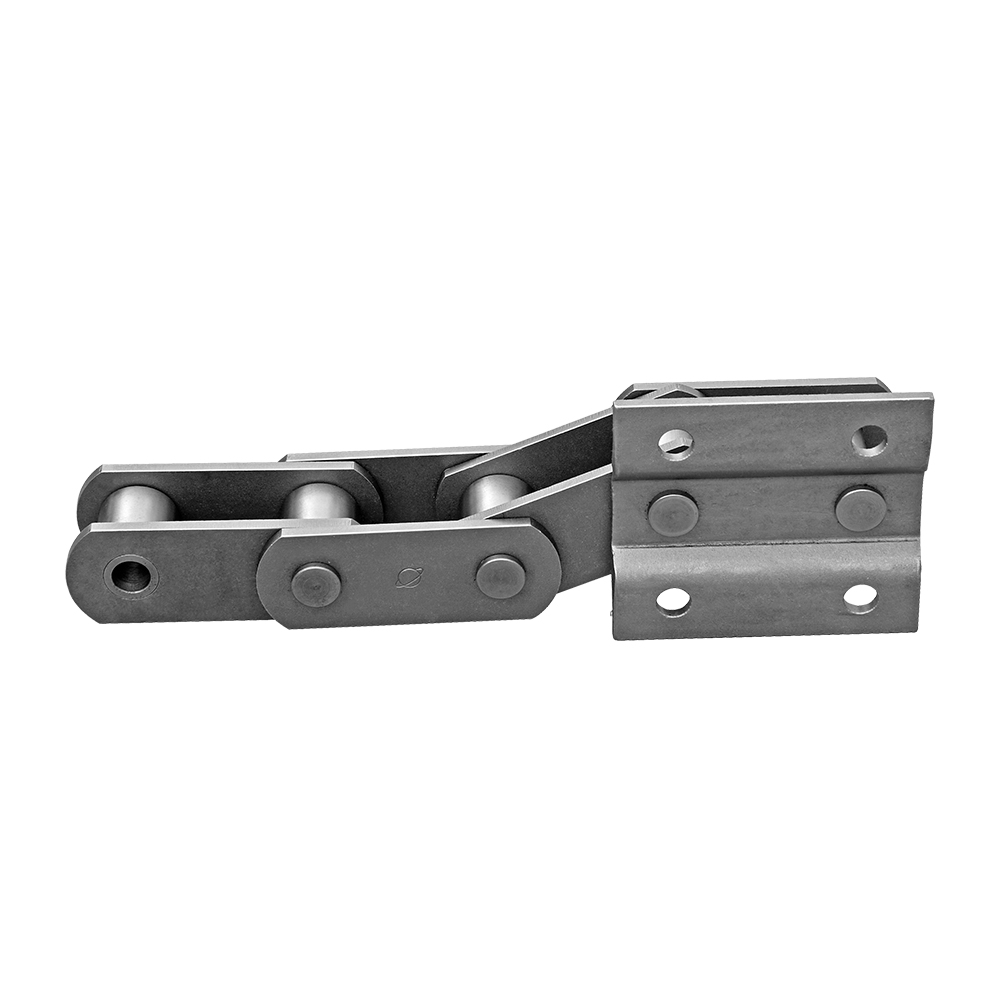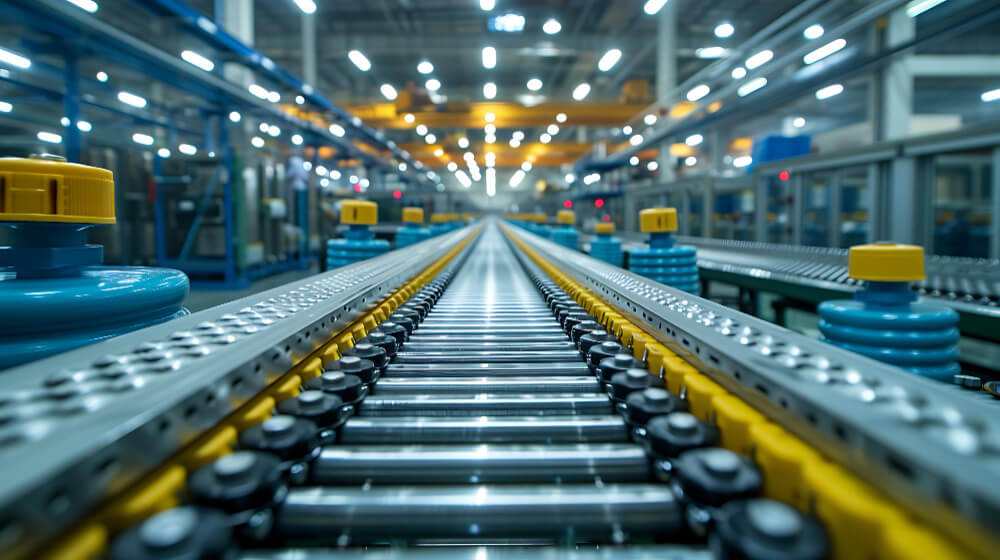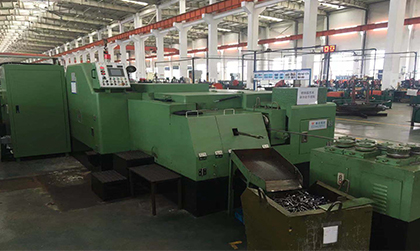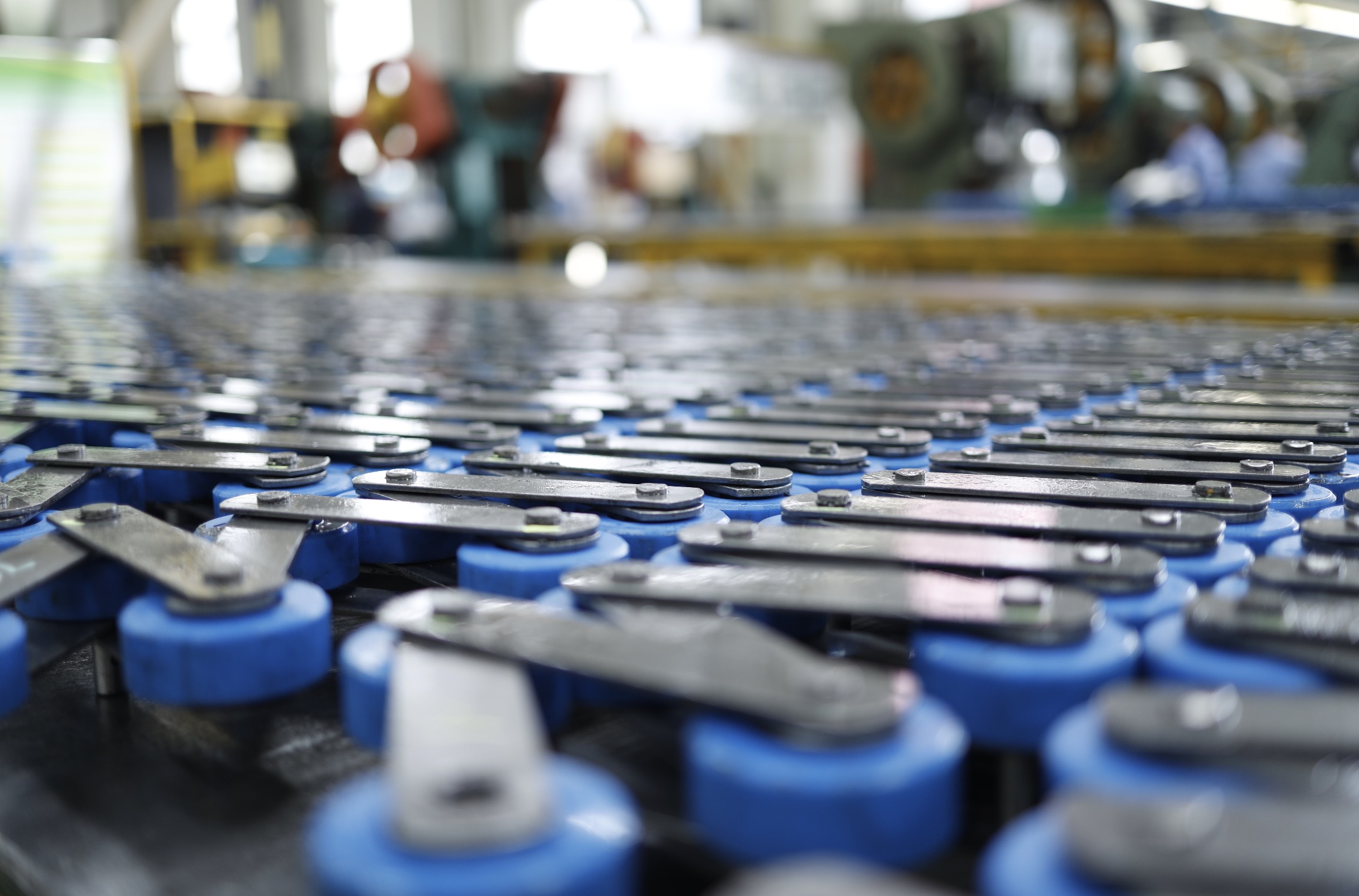The perfect chain doesn’t exist… or does it?
When it comes to heavy-duty tasks—lifting steel beams, running industrial conveyors, or handling rugged mining operations—engineering chains come pretty close.
These chains are built to take on the toughest jobs without breaking a sweat. Whether you’re moving heavy loads or powering machinery in extreme environments, they keep things running smoothly. Let’s talk about why they’re indispensable and how to pick the right one.
What Makes Engineering Chains Essential?
If you’ve ever dealt with stalled equipment, you know how frustrating it can be.
Engineering chains are designed to prevent that. They transfer power, handle heavy loads, and operate in challenging conditions without missing a beat.
Imagine trying to haul tons of material without the right chain… it’s not happening. These chains keep everything moving, whether it’s a factory floor, a construction site, or a farm.
Curious about the specific types available? Explore our guide to engineering chain types to understand which one fits your needs.
Where Do You Find Engineering Chains?
Engineering chains might not grab attention, but they’re everywhere important.
- Construction Sites: Cranes and bulldozers rely on these chains for lifting and pulling.
- Mining Operations: From coal conveyors to material haulers, these chains can handle dirt, heat, and pressure.
- Warehouses: Conveyor systems moving pallets use them to keep things running on time.
- Agriculture: Dump trailers and grain conveyors depend on strong chains to handle rough terrain and heavy loads.
- Ports: Moving cargo efficiently? Ship unloader chains get the job done.
If your work involves heavy lifting or rough conditions, engineering chains are probably pulling their weight behind the scenes.
Looking to understand how these compare to other chains like roller? Check out roller chain vs engineering class chain for a detailed clarification.
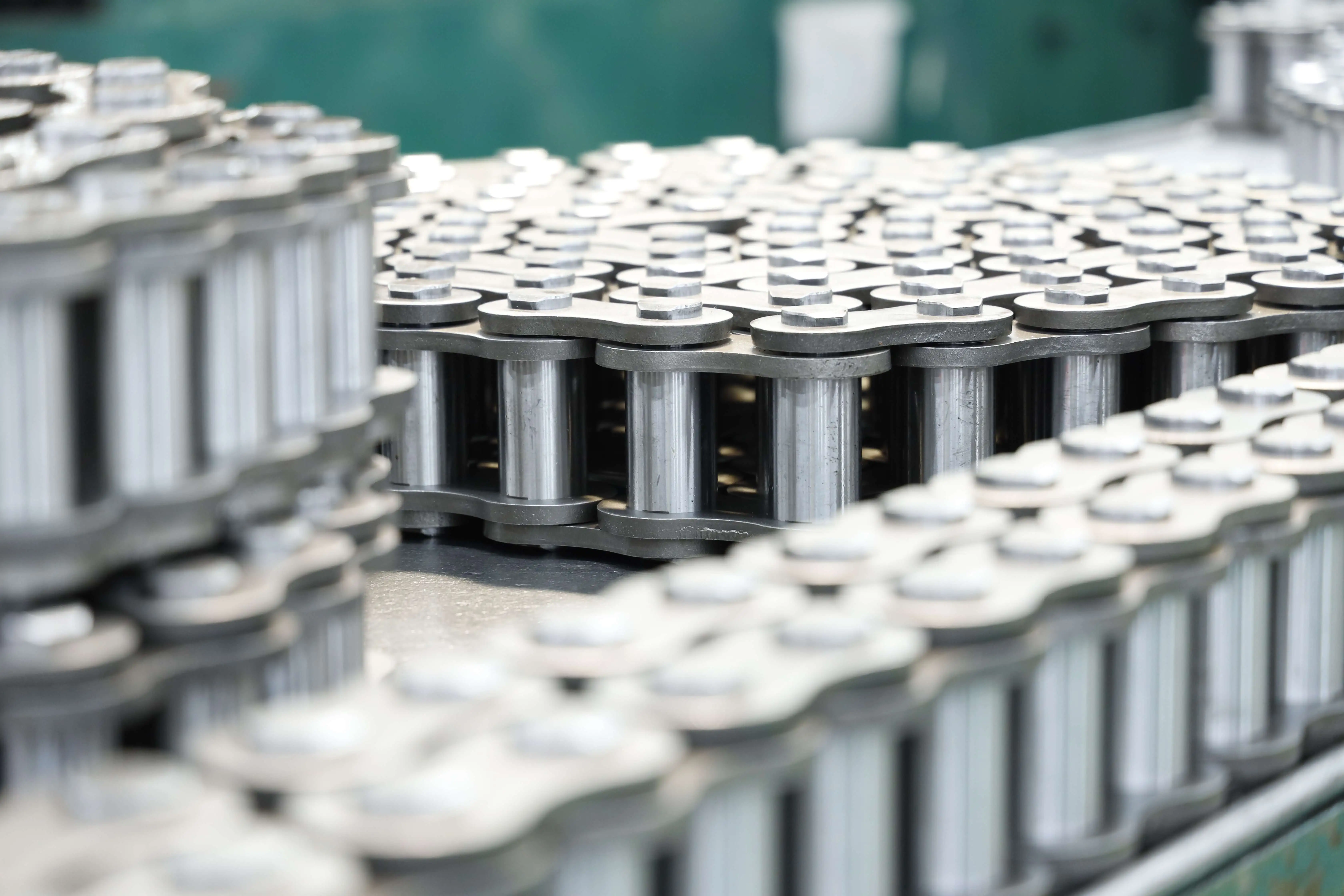
Tailor-Made Engineer Chains for Your Operations – Contact Us Today!
The Right Chain for Heavy Industry
No chain can do it all, but picking the right one for your job makes a world of difference.
- Welded Chains: For rugged tasks like mining and steel production, where strength is key.
- Drag Conveyor Chains: Perfect for moving heavy materials like gravel or cement.
- Dump Semi-Trailer Chains: Built for agriculture or construction hauling tasks.
- Asphalt Machine Chains: Tailored for the rough demands of roadwork.
Still wondering about the specifics? Read our trencher chain guide to see how specialized chains fit unique applications.
Why Do Chains Fail?
Ever dealt with downtime? You’re not alone.
Chains fail when they’re not up to the task—too weak for the load, worn down by rough environments, or simply the wrong type for the job.
That’s why getting the right chain matters. It means fewer breakdowns, less maintenance, and more time getting work done.
Why Choose Universal Chain?
At Universal Chain, we know downtime is the enemy. That’s why our chains are built to handle the hardest jobs.
From conveyor chains for coal washers to dump semi-trailer chains, we have options for every industry.
Here’s why Universal Chain’s line make sense for your operation:
- Tough Where It Matters: Built with high-grade materials, our chains handle wear, dirt, and heavy loads like pros.
- Versatility in Action: From welded chains for industrial use to drag chains for conveyor systems, we offer tailored solutions that meet specific needs.
- Expertise You Can Trust: With decades of experience, we design chains that don’t just meet expectations—they exceed them in the field.
When you need strength, durability, and reliability, our engineering chains are ready to deliver. Stop worrying about downtime—get the chain that keeps you moving.
